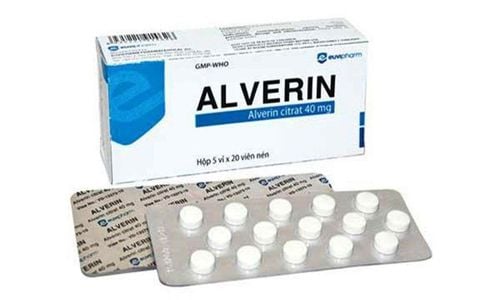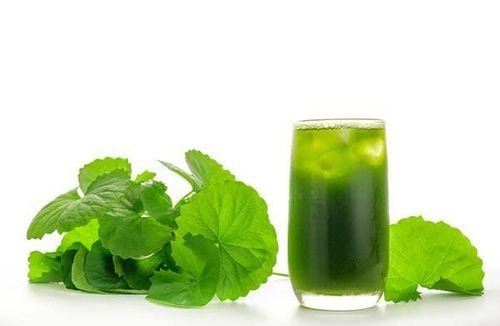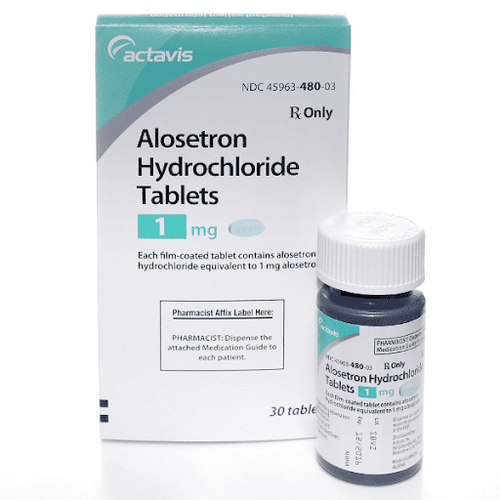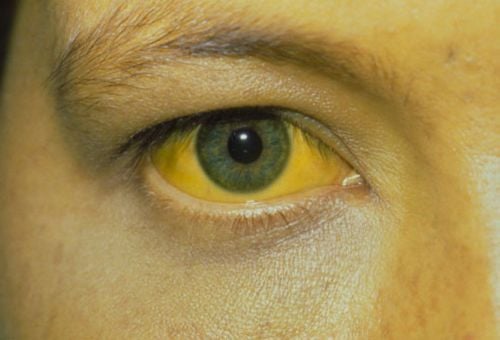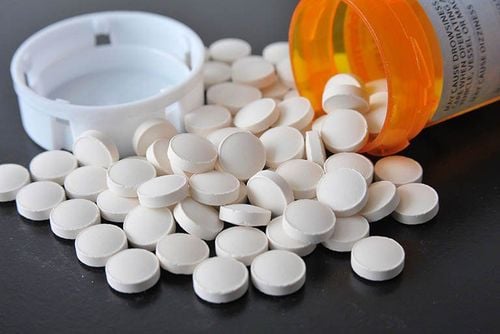This is an automatically translated article.
The article is written by Master, Doctor Mai Vien Phuong - Gastroenterologist - Department of Medical Examination & Internal Medicine - Vinmec Central Park International General Hospital.
About 20% of Americans experience symptoms of irritable bowel syndrome (IBS). This condition affects women more than men. Some people with irritable bowel syndrome have minor symptoms. For others, however, the symptoms are significant and disrupt daily life.
1. Learn about irritable bowel syndrome
Irritable bowel syndrome is also known as spastic colon, irritable colon, mucous colitis, and spastic colitis. This is a separate condition from inflammatory bowel disease and is not related to other bowel conditions.
Irritable bowel syndrome is a group of intestinal symptoms that often occur together. Symptoms vary in severity and duration from person to person. However, they last at least three months and at least three days per month.
MORE: Irritable Bowel Syndrome
2. Irritable Bowel Syndrome and Back Pain
People with irritable bowel syndrome (IBS) sometimes have symptoms that seem unrelated to irritable bowel syndrome. A commonly mentioned and seemingly unrelated symptom is low back pain, especially at night.
Pain is introduced somewhere other than where it originated. In the case of irritable bowel syndrome, that pain comes from the gut. It is usually caused by constipation, bloating, or gas.
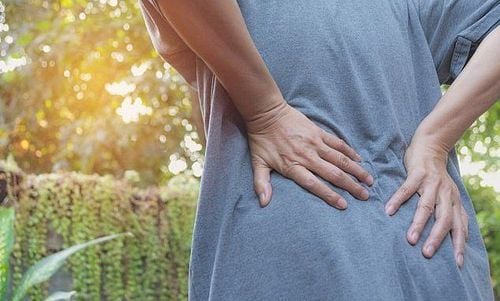
3. Treatment of pain caused by irritable bowel syndrome
There is no single, definitive treatment for irritable bowel syndrome or the pain associated with irritable bowel syndrome. Treatment is different for each person, and you should work with your doctor or gastroenterologist to find the best way to relieve pain. It will likely require a combination of medications and complementary therapies.
Constipation and bloating relievers can ease your back pain in the process. Some probiotics have also been shown to reduce bloating and pain. Probiotics are available in powder, tablet form and in certain foods such as yogurt.
Check with your doctor before adding over-the-counter supplements to your daily routine. Some supplements can make matters worse while others can interact with other medications.
Complementary treatments that may help you relieve pain include:
Relaxation techniques: Deep breathing, abdominal breathing, muscle relaxation and visualization exercises can help reduce stress, fatigue and improve your mood. Cognitive behavioral therapy: Some research shows that this can help change negative moods and habits. It can relieve stress and reduce physical symptoms. Acupuncture: This method can be used to relax muscle spasms, helping to relieve back pain. Meditation, massage, and hypnotherapy: Any one of these methods can help relax muscles and relieve pain. Exercise regularly: Options like Tai Chi and yoga can help relieve back pain.
4. Back pain and sleep
Lower back pain can be especially severe when you're trying to sleep. You can improve your chances of getting a good night's sleep by creating a routine. Follow these tips:
Take time to relax before going to bed. Do not go to bed after exercising. Avoid eating heavy foods or drinking caffeine at least four hours before you plan to go to bed. Go to bed at the same time every night and wake up at the same time every morning. Use your bed for only two things: Sleep and have sex. That means not working, eating, or watching television in bed. Exercise every day. By having a sleep routine, you can train your body to fall asleep more easily.
If back pain keeps you awake despite your best efforts, talk to your doctor about other medications and treatments that may help.
5. Home Remedies for Irritable Bowel Syndrome
Some home remedies or lifestyle changes can help relieve your IBS symptoms without medication such as:
Engage in regular exercise Cut back on caffeinated beverages stimulates the gut Eat small meals Reduce stress (talk therapy can help) Take probiotics (the “good” bacteria normally found in the gut) to help reduce bloating and gas Avoid deep-fried foods or spicy Managing your diet when you have irritable bowel syndrome can take a little more time, but is often worth the effort. Adjusting the amount or eliminating certain foods such as dairy, fried foods, undigested sugars, and beans can help relieve various symptoms. For some people, adding spices and herbs like ginger, mint, and chamomile has helped relieve some irritable bowel syndrome symptoms.
Conclusion
If you have back pain along with irritable bowel syndrome, don't assume they are related. Make an appointment to have your doctor assess your back pain and recommend the right treatment.
Besides, you should have regular health check-ups to help detect diseases early, so that you can have a treatment plan for optimal results. Currently, Vinmec International General Hospital has general health checkup packages suitable for each age, gender and individual needs of customers with a reasonable price policy.
The patient's examination results will be returned to the home. After receiving the results of the general health examination, if you detect diseases that require intensive examination and treatment, you can use services from other specialties right at the Hospital with quality treatment and services. outstanding customer service.
Please dial HOTLINE for more information or register for an appointment HERE. Download MyVinmec app to make appointments faster and to manage your bookings easily.
References source: Bharucha AE, et al. (two thousand and thirteen). American Gastroenterological Association technical review on constipation, Cash BD. (2018). Understanding and managing IBS and CIC in the primary care setting, Colonoscopy. (2017), Magro DO, et al. (2014)





